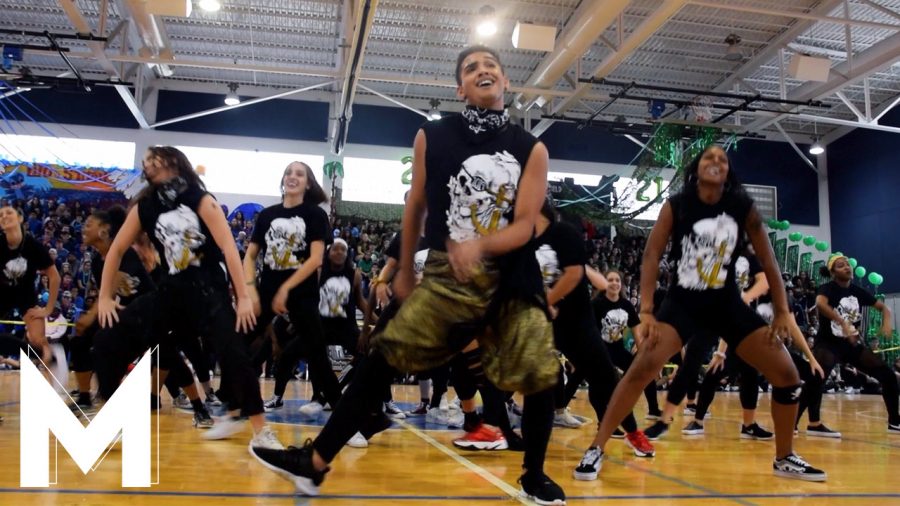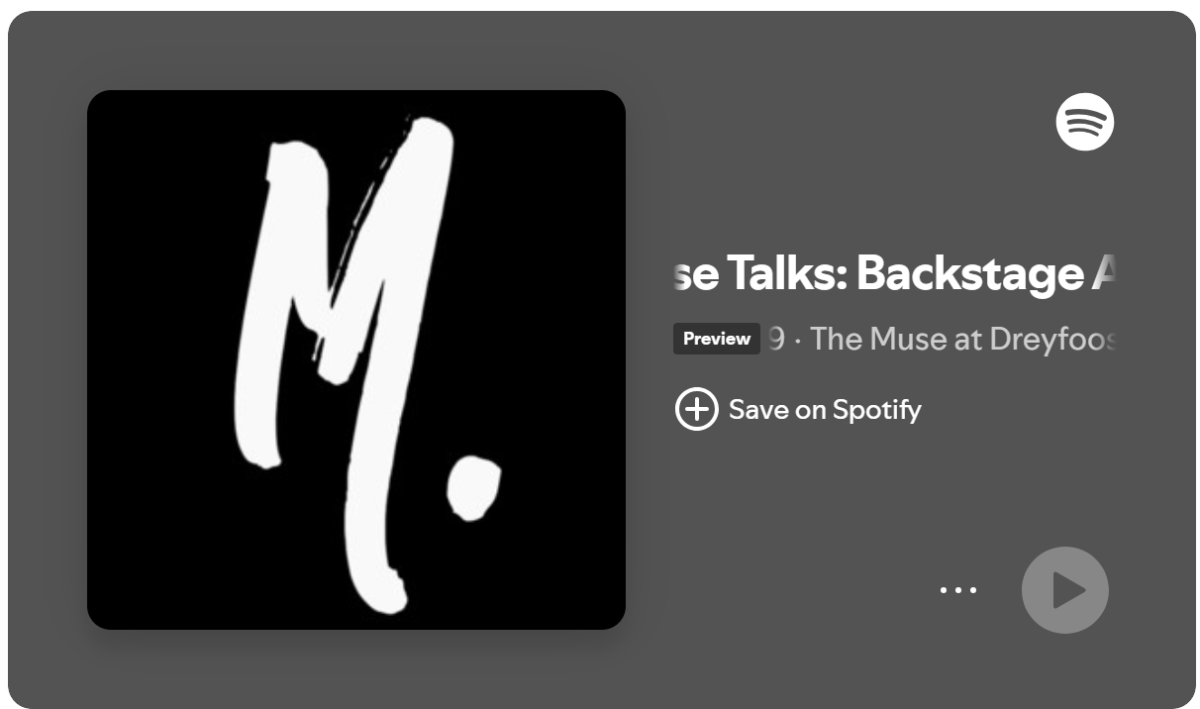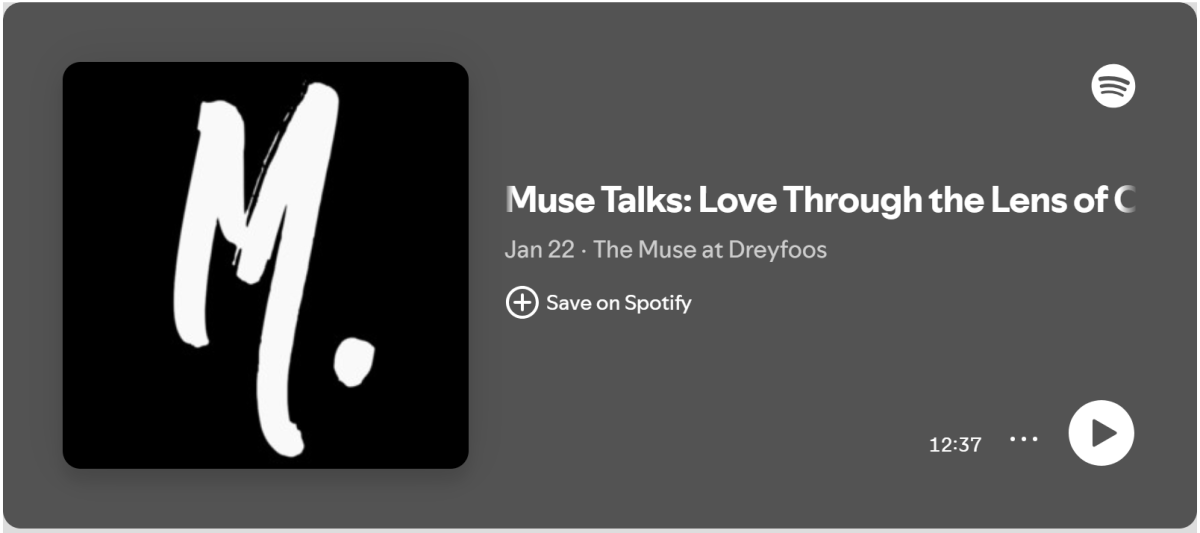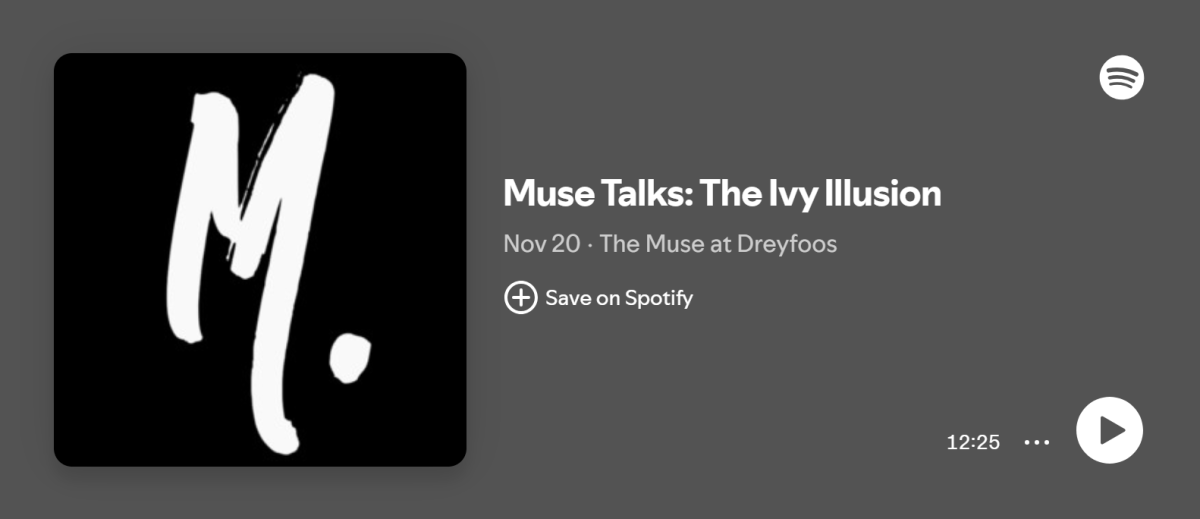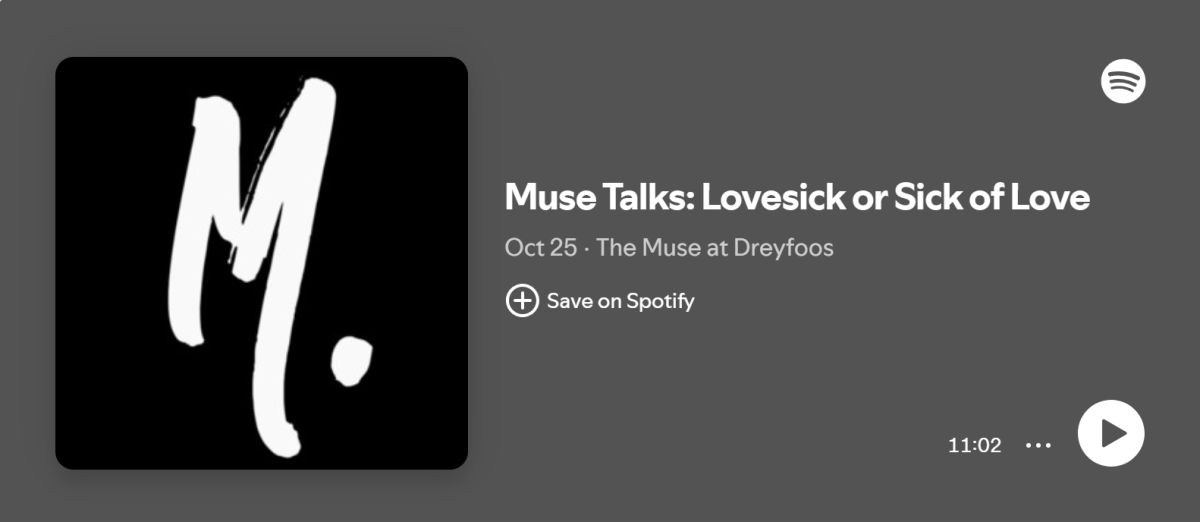FREE TO SCREAM, RESTRICTED TO TALK
Within the aged paragraphs of the Bill of Rights, there lies an amendment that has caused more controversy than any other law or bill ever passed, a law so iconic that people across the world know about it and use it in their own countries: the First Amendment. This is the amendment that gives us the right to express our opinions however we want, and it is now the root of many social divisions and disputes. This begs the question, “Where is the line between free speech use and free speech abuse?”
Merriam-Webster Dictionary describes the freedom of speech as “the legal right to express one’s opinions freely.” While this is a good definition, it leaves much up for interpretation. For example, what if hostile words are spoken or actions take place? Is it a crime or just an expression of opinion? These questions are echoing through our country today and continue to make us wonder whether we should voice our opinions at all.
The U.S. Supreme Court has reviewed this type of conundrum before and has made a list of rights included and not included in the First Amendment. According to the Administrative Office of the U.S. Courts, “Freedom of Speech includes the right: Not to speak (specifically, the right not to salute the flag), of students to wear black armbands to protest war (students do not shed their constitutional rights at the schoolhouse gate), to use certain offensive words and phrases to convey political messages, and to engage in symbolic speech (e.g, burning the flag in protest).” These, along with other rights included in the First Amendment, allow for people to express themselves freely;however, there are limits.
The most important right that is not included in the First Amendment—according to the U.S. Supreme Court—is “the right to incite actions that would harm others.” This restriction to our freedom of speech is what many claim to be the most important, though we see this law broken in current politics. ANTIFA, a self proclaimed “anti-fascist group” in the U.S., has been advocating violence ever since the 2016 presidential election. The Washington Post called them “the moral equivalent of Neo-Nazis,” and Vox reported that they “launched fireworks and threw eggs at members of the press.” All of this is done under the guise of fighting fascism, when truly they are just fighting people trying to speak their minds.
The condoning or advocating of violence should never be allowed. Our freedom of speech may be the best thing that this country has accomplished, but we can’t let it collapse under its own weight. So, students of Dreyfoos, speak, shout, and even scream your opinions if you have to, but if another opinion that opposes yours appears, don’t yell out that opinion to overpower them; instead, talk politely and intelligently to come to a solution. Screaming over people doesn’t make you more right, but talking too softly to hear doesn’t make you more free.
Your donation will support the student journalists of Dreyfoos School of the Arts. Your contribution will allow us to purchase equipment and cover our annual website hosting costs.


































